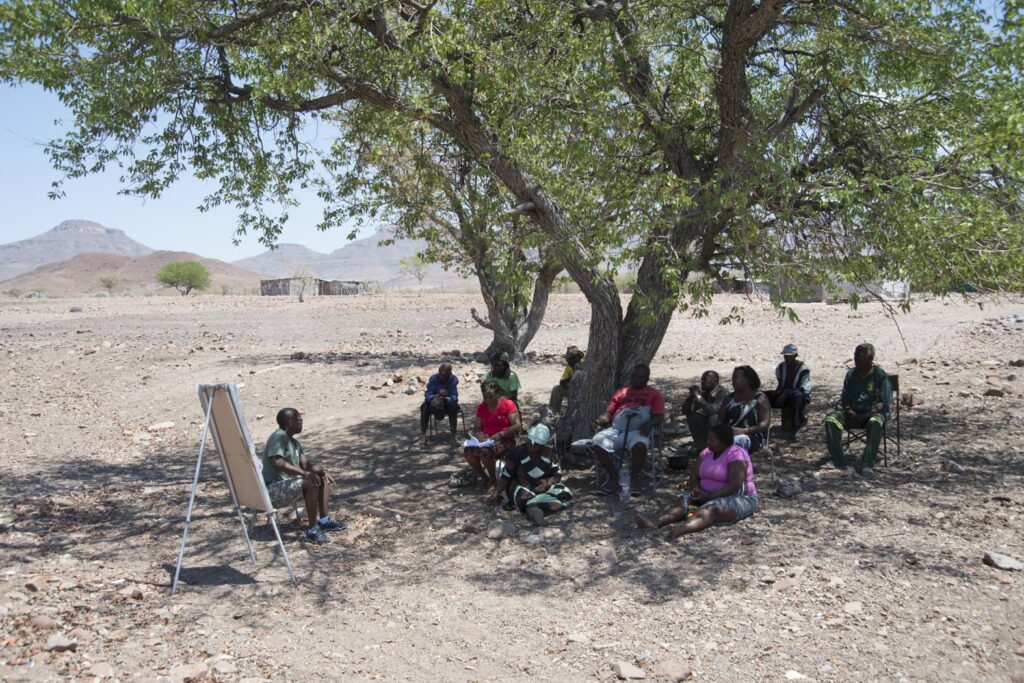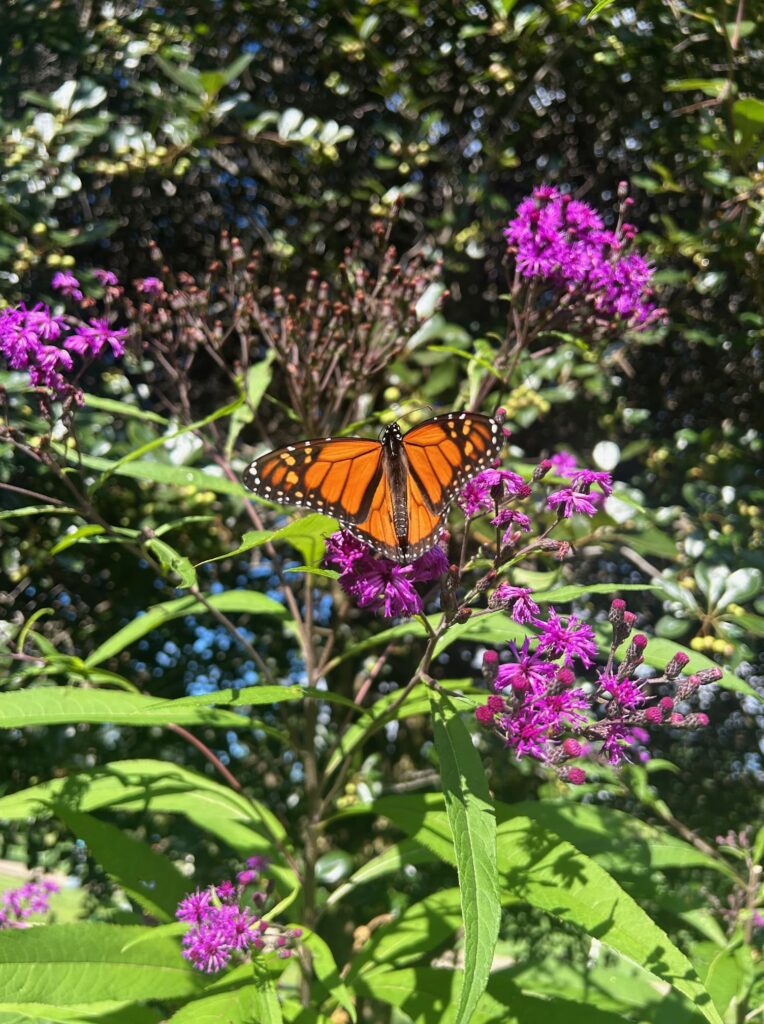During the past 20 years, community based natural resource management (CBNRM) has become a central element of efforts to support rural livelihoods and sustain natural resources worldwide, including in Sub-Saharan Africa. The widespread interest in CBNRM is rooted in the empirical failures of strictly centralized natural resource management policies and practices, broader trends in favour of decentralization in rural development and economic policy, and the desire to create stronger synergies between local economic interests and global conservation objectives. The main challenge facing CBNRM efforts, however, is that centralized resource management systems are often historically rooted, and develop their own sets of institutionalized interests. Reforming such systems is inherently challenging, and in many instances efforts to devolve or decentralize authority for valuable resources to local communities have made limited progress.
The historical and contemporary experiences of wildlife policy and management in Tanzania provide an instructive set of experiences in relation to these broader ecological, economic, and institutional trends and issues. Tanzania possesses one of the world’s richest populations of large mammals, which continue to occupy not only state protected areas but many unprotected landscapes as well. Wildlife management has been a prominent social and political issue in Tanzania since the early colonial era, when regulations were first passed to control wildlife utilization and to set up game reserves. Both the colonial and post-colonial state worked to increase central control over wildlife use and over the substantial economic value of wildlife generated by safari hunting and, more recently, by ecotourism. By the 1980s, regulation of wildlife use was entirely subject to state authority, with both foreigners and local people only able to hunt using government-issued licenses. By this time, though, Tanzania’s wildlife populations were widely depleted as a result of the declining capacity of state law enforcement and the absence of any local incentives forconserving the resource. Given the need to address these problems, and influenced by the ideas and interests of foreign donors and international conservation organizations, Tanzania revised its wildlife policy in the 1990s. These reforms called for the devolution of management of wildlife outside the core protected areas to local communities.
During the past decade this reformist narrative has continued, but in a rhetorical sense. The legal and administrative reality has been defined by further expansion of state agencies’ authority over wildlife, and the erosion of community rights and benefit flows. !is discrepancy between policy and practice is explained by the institutional incentives that state wildlife management agencies have for maintaining control over this valuable resource, while adopting a reformist narrative to legitimize continued support from foreign donors. Donors and NGOs have not possessed the capacity to force the adoption of reforms that state authorities view as contrary to their underlying interests, andthere has been very little civic or local community engagement in the wildlife policy development process since its inception. Key lessons that emerge from the Tanzanian experience include:
- Natural resource management reforms in Africa face fundamental institutional challenges in terms of devolving authority over valuable resources to the local level.
- Donors and NGOs often promote such reforms without an adequate understanding of the institutional barriers to their adoption, and may therefore fail to develop effective strategies for negotiating such constraints.
- Ultimately moving CBNRM from popular narrative to institutional practice will require greater grassroots
participation in natural resource policy formulation, and popular demand for devolution; in this way, CBNRM is fundamentally tied to broader discourses on resource rights and governance in Sub-Saharan Africa and throughout the developing world.
Originally published as:
Nelson, F., R. Nshala and W.A. Rodgers. 2007. The Evolution and Reform of Tanzanian Wildlife Management.
Conservation and Society 5(2):232-261.





